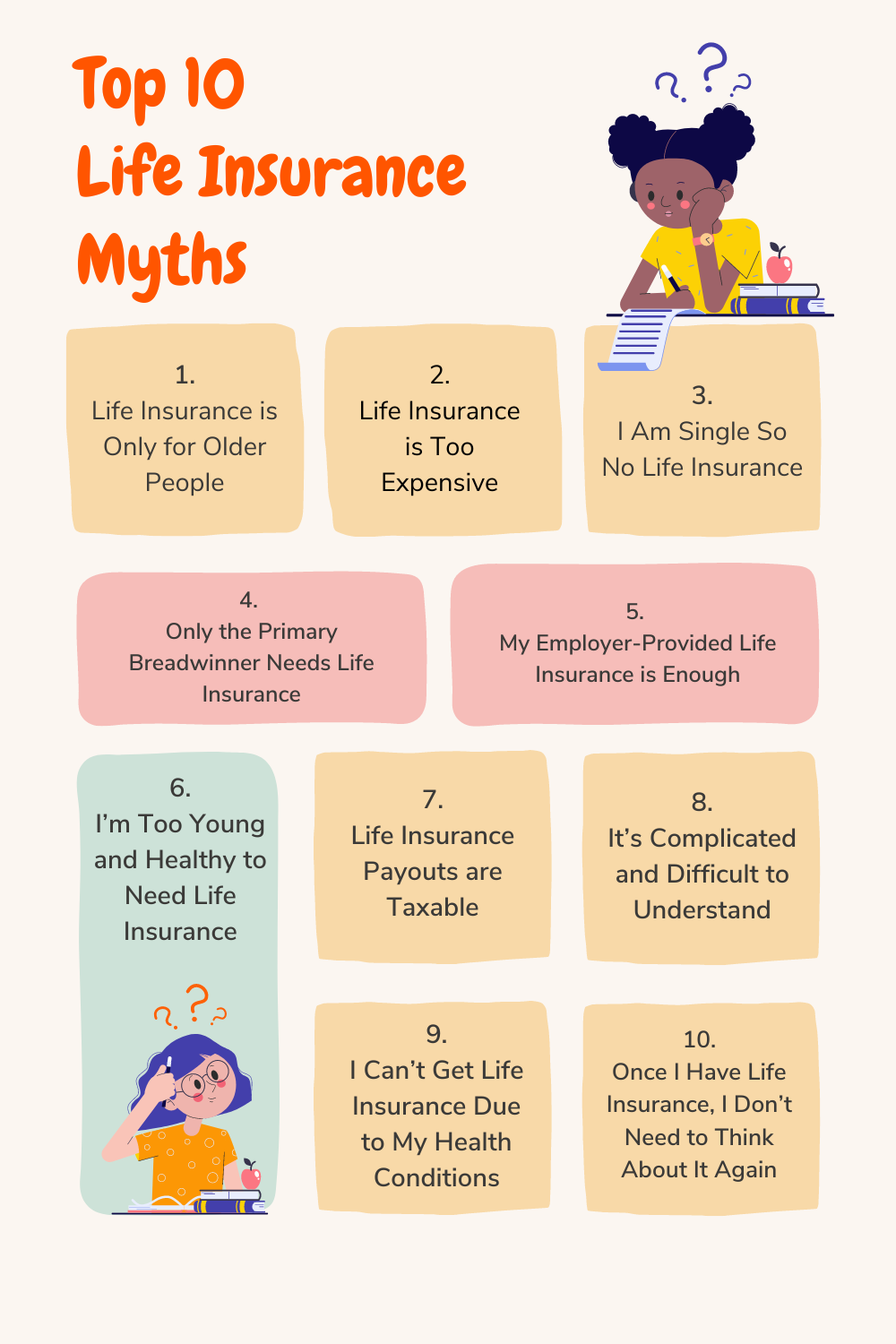Ultimate Guide to Life Insurance Agent Jobs

Life insurance agent jobs offer a unique opportunity for financial success with relatively low barriers to entry. Life insurance sales are particularly appealing because they provide agents with the chance to make significant income through commissions, often in their very first year of work. However, it’s also a field that requires grit, dedication, and a strong entrepreneurial mindset. This guide provides everything you need to know about life insurance agent jobs, from getting started to the top companies to work for and career growth opportunities through certifications and designations.

Why Become a Life Insurance Agent?
The life insurance industry is known for offering lucrative opportunities to those willing to put in the effort. With the right mindset, agents can earn six-figure incomes, enjoy flexible schedules, and provide a vital service to families and businesses. Here are a few reasons why becoming a life insurance agent can be an excellent career choice:
- High earning potential: Commissions can be very rewarding, with many agents earning more than $100,000 in their first year.
- Job flexibility: Life insurance agents often enjoy the freedom to set their own schedules, offering work-life balance.
- Growing demand: As people become more financially aware, there is a growing need for life insurance agents to help clients plan for their future.
However, it’s essential to understand that it’s not a career for the faint of heart. It requires resilience, constant networking, and dealing with rejection before closing deals.
Getting Started as a Life Insurance Agent
Step 1: Education Requirements
Life insurance companies generally do not require agents to have a college degree. However, having a background in business, finance, or sales can be beneficial. More importantly, agents need strong interpersonal and communication skills to build relationships and close sales.
Step 2: Pass the Licensing Exam
To sell life insurance, you must pass a state-administered licensing exam. Here’s how to get licensed:
- Complete a pre-licensing course: Most states require life insurance agents to complete a 20-50 hour pre-licensing course.
- Take the exam: The exam covers state insurance laws and the types of life insurance policies available.
- Apply for a license: After passing the exam, apply for a state license to legally sell insurance.
Step 3: Choose Between Captive vs. Independent Agent
- Captive Agents: Work exclusively for one insurance company, selling only that company’s policies.
- Independent Agents: Represent multiple insurance companies, providing a broader range of policy options to clients.
Both options have pros and cons. Captive agents often receive more training and resources from their company, while independent agents have the flexibility to offer a wider variety of products.
Top Companies for Life Insurance Agents in the USA
Choosing the right company is crucial to your success. Some companies provide excellent training, support, and compensation packages. Here are some of the best companies to work for as a life insurance agent:
1. Northwestern Mutual
- One of the most well-known life insurers, Northwestern Mutual offers comprehensive training and mentorship for agents. The company is recognized for providing strong commissions and support in client acquisition.
2. New York Life
- New York Life is a leader in life insurance with a solid track record of helping agents succeed through robust training programs and long-term career development opportunities.
3. Prudential
- Prudential provides a broad range of products and excellent agent support, making it an excellent company for both new and experienced agents. The company is known for its training programs and high earning potential.
4. MassMutual
- MassMutual has an outstanding reputation for its commitment to agent development. Agents enjoy competitive commissions and a wide range of life insurance products to sell.
5. State Farm
- As a multi-line insurance provider, State Farm offers agents the chance to cross-sell a variety of insurance products. Agents can take advantage of the company’s resources and vast customer base.
6. AIG
- AIG is a global insurance company with a strong presence in life insurance. Agents working with AIG benefit from a diverse product line and high potential commissions.
7. Liberty Mutual
- Liberty Mutual offers a structured environment for agents, with excellent training and the opportunity to sell a wide range of insurance products beyond life insurance.
Certifications and Designations for Life Insurance Agents
To advance your career as a life insurance agent, pursuing professional designations can improve your credibility and expertise. Here’s a list of certifications that can help life insurance agents stand out in the field:
1. Chartered Life Underwriter (CLU)
- The CLU designation is one of the most respected credentials for life insurance professionals. It focuses on life insurance planning, estate planning, and risk management.
2. Certified Financial Planner (CFP)
- Although not exclusively for life insurance, CFP is an advanced designation that covers a wide range of financial planning topics, including insurance. It’s ideal for agents looking to broaden their services.
3. Life Underwriter Training Council Fellow (LUTCF)
- Offered by the National Association of Insurance and Financial Advisors (NAIFA), LUTCF is a beginner-level designation that covers essential life insurance and financial advising topics.
4. Chartered Financial Consultant (ChFC)
- ChFC is a designation for agents who want to deepen their expertise in financial planning and advising. It covers insurance, taxes, estate planning, and more.
5. Certified Insurance Counselor (CIC)
- This designation focuses on enhancing skills in managing insurance accounts, covering topics such as life insurance, annuities, and risk management.
6. Retirement Income Certified Professional (RICP)
- Ideal for agents focusing on retirement planning, RICP provides expertise in retirement income strategies, including life insurance products like annuities.
Day-to-Day Responsibilities of a Life Insurance Agent
A life insurance agent’s job involves more than just selling policies. Here’s what a typical day might look like:
- Lead Generation: Finding new clients is a primary responsibility. Agents use networking, cold calling, referrals, and online marketing to generate leads.
- Client Consultations: Agents meet with potential clients to assess their needs and financial situations. They provide quotes and explain different types of life insurance policies.
- Policy Customization: Agents help clients select the right coverage, tailoring policies to fit their unique needs.
- Paperwork: Completing applications and ensuring all documentation is correct is a key part of the process.
- Ongoing Client Support: After the sale, agents often provide ongoing support, helping clients with policy updates, claims, and renewals.
Compensation and Income Potential
Life insurance agents primarily earn their income through commissions. While some companies offer a small salary during training, most agents earn the majority of their income from commissions on policies sold. Here’s a breakdown of how commissions work:
- First-Year Commission: Agents can earn anywhere from 30% to 90% of the premium in the first year.
- Renewals: Agents may receive 3% to 10% of premiums in subsequent years as “renewal commissions.”
- Bonuses and Incentives: Many companies offer bonuses for high performance, such as meeting sales targets or bringing in new business.
Challenges and Pitfalls
While the rewards can be high, life insurance sales come with several challenges:
- High Rejection Rates: Agents must have a thick skin to handle constant rejection. Many people are hesitant to buy life insurance, and agents often hear “no” more than “yes.”
- Commission-Only Pay: Starting out can be financially tough, especially since agents often work on a commission-only basis after initial training.
- Time-Intensive: Building a client base takes time, and success requires networking, cold calling, and follow-ups, often outside of regular working hours.
Advancing Your Career as a Life Insurance Agent
To advance in this field, consider the following strategies:
- Continue Learning: Pursue additional certifications and designations to enhance your knowledge and expertise.
- Expand Your Services: As your career progresses, you may consider offering additional financial products, such as retirement planning services, investments, and health insurance.
- Build a Team: Successful agents often move into managerial roles, recruiting and mentoring new agents, thus expanding their business and earning potential.
Conclusion
A career as a life insurance agent offers unlimited earning potential, flexibility, and the opportunity to make a real difference in people’s lives. While the job comes with its challenges, including high rejection rates and commission-based pay, those who are determined, self-motivated, and resilient can find great success in this field.
Choosing the right company to work for, continuing to learn through certifications, and mastering the art of sales will be key to long-term success in the life insurance industry.






